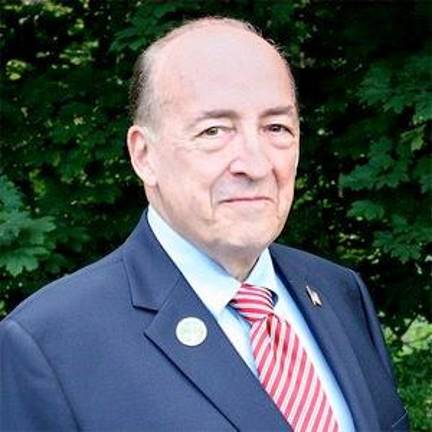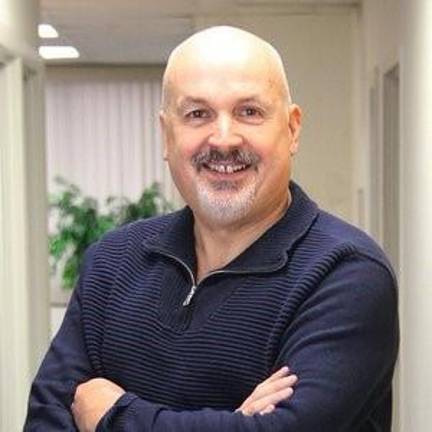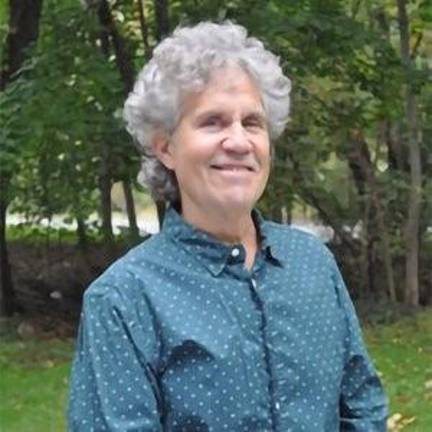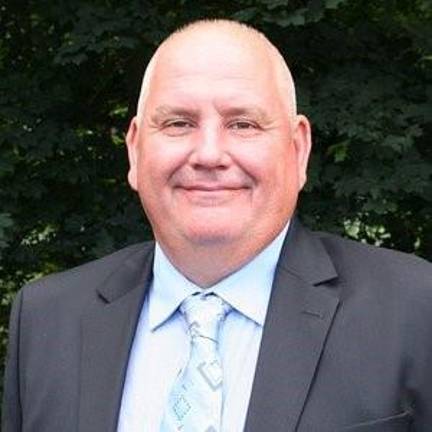Candidates for Town Board respond to Sustainable Warwick’s ‘Green Screen’
Warwick. The group asked the four candidates for two seats on the Town Board about what can be done on the local level regarding climate change and about the town’s zoning.





Sustainable Warwick is a 20 year-old organization that focuses on issues of sustainability and the environment as they affect the Warwick area. As part of that effort, members of the Green Screen committee interview candidates running for local office — Town Council, Village Board and School Board — so that their views on these important issues can be shared with the voters.
The questions posed to each candidate:
Climate Change: With regard to the Town of Warwick’s response to climate change: how do you place yourself on a scale of 1-10, with 1 being “No local action is needed because climate change is not a threat” and 10 being “Immediate, wide-range action is needed to build Warwick’s resilience and reduce its contribution to climate change.” Please include any specific actions you would support as a town board member.
Zoning: What actions should they take to protect zoning laws to avoid controversy like the Pulpit Rock issue?”
The candidates’ answers
Floyd DeAngelo
Floyd DeAngelo, a business executive from Greenwood Lake, has been a Town Councilman for many years. He is the only incumbent running in this election.
Climate Change: Floyd DeAngelo (FD) declined to express his views on a 1-10 scale, but noted that he takes Climate Change seriously and that the town board is already addressing Climate Change in many ways i.e, by reducing fossil fuel reliance overall, reducing heating and cooling costs in Town Hall, converting all street lights to LED lights, and conducting energy audits. The board created the first electric vehicle charging station and will be installing more.
The Town has already done some of the items in the Climate Smart Communities program and has participated in several clean energy programs, including SolSmart where NYC and Warwick were the only two towns designated as Gold Level in 2017/18 for their success in removing obstacles to solar development.
He supports the Stretch Building Code.
He believes that everyone, town and village residents alike, should move toward electric cars and the town will address this for their fleet when their vehicles come up for renewal.
PDR is a very successful tool to protect land in Warwick and FD is proud of the Town Board’s track record on zoning and land preservation and he feels that the Board’s initiatives in land preservation puts Warwick far ahead of many of the local towns.
As for farming and lawn practices, FD wants to ensure that everyone, farmers and residents, knows more about exactly what they are putting on their gardens and their crops. He is on the village board in Greenwood Lake which banned the use of all products containing phosphorus and would like to see this ban adopted by Warwick.
Zoning: He believes Warwick has good zoning laws and they have prevented over-development that neighboring towns have experienced. They need to be constantly monitored and updated to reflect a changing world.
Greg Galluccio
Greg Galluccio, a town resident, is a business executive and engineer specializing in the areas of sustainability and energy efficiency.
Climate Change: On the Climate Change scale, Greg Galluccio (GG) is an 11 out of 10. He is a firm believer that we should be doing as much as possible to mitigate Climate Change. He is a tech engineer specializing in sustainability and energy efficiency and just built his house that generates more energy than it uses.
GG feels we should have joined Climate Smart Communities already. If elected he would try to drive this issue. And yes, using Stretch Building Codes can save homeowners money and helps protect the environment.
As far as reducing the town’s reliance on fossil fuels, GG wondered why the town has not already built its own solar field like the schools. His garage has solar panels so he pays nothing to drive his electric car. Vehicles should be replaced only on a renewal basis as needed. He noted that the proposed infrastructure bill might be a source of grants for Warwick.
Re: PDR: GG suggested that the Town should be more proactive in identifying important properties that are at risk and aim to create a green belt around the villages.
He wants the Town of Warwick to encourage biodynamic farm standards, a comprehensive organic system that doesn’t rely on chemical fertilizers.
An additional energy-related suggestion: he feels the Town Board should take a position on the issue of power plants like Danskammer and CPV which will have an impact on our air and bring no benefit to us beyond pollution.
Zoning: GG believes the Town should strengthen the zoning laws to protect against high density housing which poses great costs for the Town.
Steve Rubin
Steve Rubin, lives in the Village of Warwick and is a professional musician. He started the Hudson Valley Jazz Festival in 2010 and has seen it grow steadily.
Climate Change: Steve Rubin (SR) is a 10 on the need-for action scale - “Immediate, wide-range action is needed to build Warwick’s resilience and reduce its contribution to climate change.”
Warwick should join the Climate Smart Communities program. There is no reason that Warwick should follow and not lead.
Yes, he says, Warwick should adopt the NYS Stretch Building code. Going forward, there may be variances, but this code should be the starting point.
He thinks it’s a good idea for all replacement town vehicles to be electric. If New York City has electric buses, he asks, why not Warwick?
SR points out that while PDR is an excellent program for Warwick, and should be strengthened in the future, there always needs to be a balance in any community between preservation and growth.
Re: environmentally friendly farming and gardening practices, he’s in favor, but adds that incentives and education are keys here, not putting the burden on the farmers. Also, the question of how the incentives are paid for is critical. If the Town can pay for the new necessary equipment that is great, but asking farmers to come up with the money is a challenge. There needs to be a large education program to promote more organics and less pesticides.
Zoning laws: SR suggested establishing a landmarks oversight committee which could protect appropriate spaces and buildings. He also sees a strong need to review the way the Town Board, Planning Board and Zoning Board of Appeals work together. He is open to the idea of a hotel, but believes that Pulpit Rock is definitely the wrong location for it. A hotel footprint is a big thing, so we have to take into consideration our neighbors, value to our local business, and the quality of life in Warwick.
Kevin Shuback
Kevin Shuback, a farmer from the Black Dirt region, is the son of long-time Councilman Mickey Shuback who stepped down this year.
Climate Change: Kevin Shuback (KS) said he is a 5 on the 1-10 scale. “The world won’t end tomorrow but we should pay some attention to climate change.”
In terms of Climate Smart Communities and the Stretch Building Code, KS feels he would need more information on what these programs would entail, the advantages and disadvantages, as well as their cost-effectiveness. He added that things like the Stretch Building Code should be “encouraged,” not mandated.
Moving the town fleet to electric is a good idea once the technology is available and cost-effective. It is now for cars and pick-ups, but not yet for larger vehicles.
He feels the town is already doing a good job with PDR and protecting the land. He would look for more PDR-appropriate land to acquire as it is hard to legislate after a new property has been acquired.
In terms of environmentally friendly farming and lawn-care practices, as a farmer himself, he feels farmers already do a lot in this area. They try to protect wetlands and control soil dispersal. He believes strongly that conservation measures have to be cost-effective, for both farmers and residents, however, he notes that this is primarily an area for state and federal agencies, not local government.
Zoning: The zoning laws should be reviewed every five years or so as the town changes. For example, water runoff is an issue. On smaller lots the use of perma pavers and driveways should be encouraged or maybe even made part of the approval process for building additions. The town should encourage building solar panels above parking areas, and not fill up open fields.